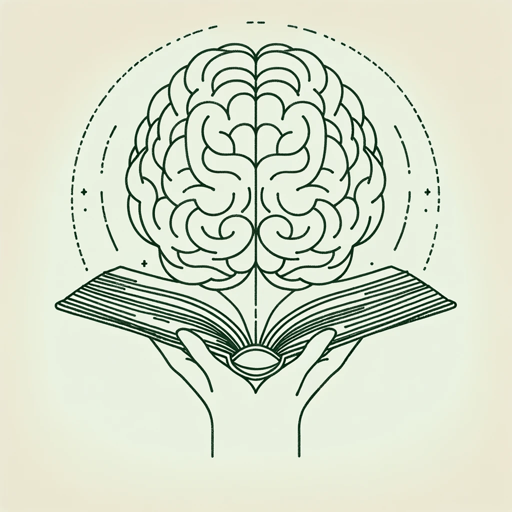56 pages • 1 hour read
C. G. JungModern Man in Search of a Soul
Nonfiction | Book | Adult | Published in 1931A modern alternative to SparkNotes and CliffsNotes, SuperSummary offers high-quality Study Guides with detailed chapter summaries and analysis of major themes, characters, and more.
Index of Terms
Analysis
Freudian psychoanalysis is a form of mental health therapy in which a patient describes symptoms of her or his mental health problem to a therapeutic analyst, and together they uncover repressed childhood traumas and suppressed urges that cause the patient’s neurotic symptoms, which then can be dealt with. Freudian analysts believe the mind contains drives, urges, and forgotten memories, most of them involving sexual feelings, in a hidden part of the mind called the unconscious. One of the jobs of the conscious mind is to control the unconscious so it doesn’t get out of hand. Dreams serve up symbols of unconscious activity and analyzing their meaning can help a patient bring to consciousness suppressed urges and conflicts.
Followers of Freud developed variations on the analytic process, which spun off to form new schools of therapy. Carl Jung believed the is an elemental function of the mind, and that dreams reveal deep longings, many of them spiritual and many of those part of a “collective unconscious” shared by all humans. The purpose of therapy isn’t to control the unconscious but to harmonize it with the conscious mind. Further generations of therapists have developed even more variations (some now repudiate psychoanalysis) yet the idea of the unconscious, of dream interpretation, and of talking to a therapist to bring out inner conflicts and resolve them, all descend from Freudian concepts.


